Continuing the 6th session program, on the afternoon of November 9, Chief Justice of the Supreme People's Court Nguyen Hoa Binh presented the Report on the draft Law on Organization of People's Courts (amended).
Mr. Binh said that the development of this Law project is necessary to institutionalize the Party's Resolutions on judicial reform. At the same time, it promotes the strengths and overcomes the shortcomings and limitations of the current Law on Organization of People's Courts; meets the requirements of the new situation and tasks and selectively references advanced legal science achievements in the world.
The structure of the draft Law includes 154 Articles arranged into 9 chapters; of which, 54 new articles are added, 93 articles are amended, and 7 articles are kept unchanged.
The draft Law amends and supplements 5 major contents: On the tasks and powers of the court; perfecting the organization of the court apparatus; innovating and improving the quality of human resources of the court; the National Council for Selection and Supervision of Judges and innovating the institution of people participating in trials.
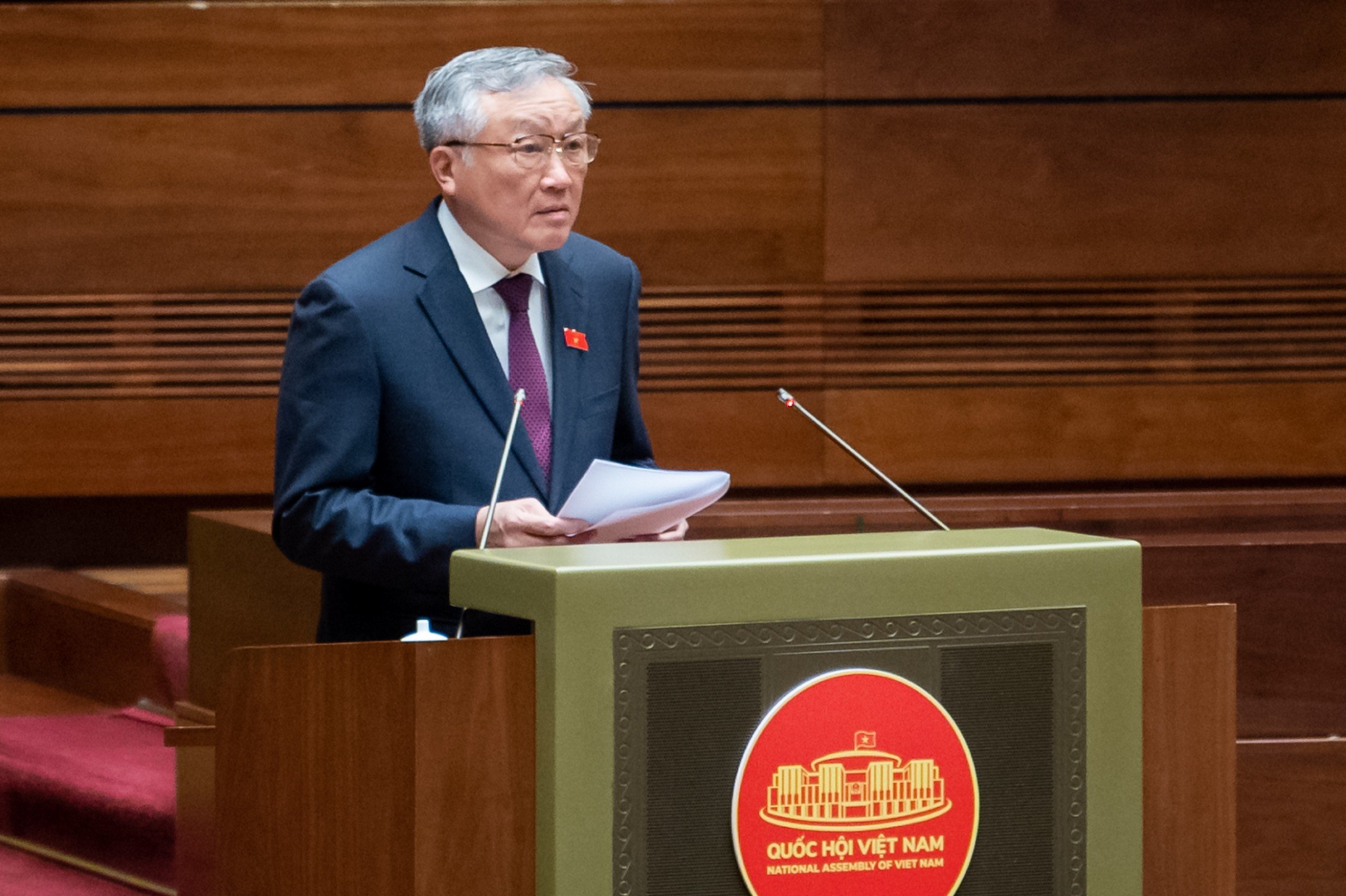
Chief Justice of the Supreme People's Court Nguyen Hoa Binh presented the Report on the draft Law on Organization of People's Courts (amended).
Regarding the duties and powers of the court, the draft Law adds two new duties and powers to the court, which are “Resolving and adjudicating administrative violations according to the provisions of the law” to specify Resolution No. 27; “Explaining the application of the law in adjudication” because this is the duty that all Trial Councils have been performing up to now when adjudicating cases.
The Trial Panel's explanation of the application of law in the trial is essentially an explanation and clarification in the judgment of the reasons for applying a specific law in the circumstances and situations of the case.
This provision does not overlap or conflict with the authority to interpret the Constitution, laws, and ordinances of the National Assembly Standing Committee. The legalization of this task currently being performed in practice aims to enhance the responsibility of the Trial Council in each judicial decision.
The Draft Law stipulates that the court is not obliged to collect evidence. In the process of resolving criminal cases, the Court shall base on documents and evidence collected and clarified at the trial by the Investigation Agency, the Agency assigned to conduct certain investigation activities, the Procuracy and the results of the debate.
In the process of resolving civil and administrative cases, the Court shall base on documents and evidence collected and submitted to the Court by the parties in accordance with the provisions of procedural law and the results of the litigation to resolve and adjudicate.
Regarding the completion of the court apparatus, the draft Law stipulates: Reorganizing the apparatus assisting the High People's Court. Accordingly, innovating the apparatus organization of the High People's Court to ensure scientificity, conformity with the litigation process and equivalent to the apparatus of the High People's Procuracy.
Reforming the Provincial People's Court into the People's Court of Appeal, the District People's Court into the People's Court of First Instance to institutionalize the task of "ensuring the independence of the Court according to its jurisdiction" as set forth in Resolution No. 27. In line with the judicial tradition of the country when President Ho Chi Minh decided to establish the Courts of the Democratic Republic of Vietnam, in line with the provisions of the Constitution "The Court is the judicial body of the Socialist Republic of Vietnam".
The establishment of a specialized People's Court of First Instance is to implement the Resolution of the 13th National Party Congress on "building a professional Court". The establishment of specialized People's Courts of First Instance will ensure professionalism in organization and operation; promote the high level of expertise of Judges and Jurors in adjudicating special cases, thereby improving the quality and efficiency of handling this type of work.
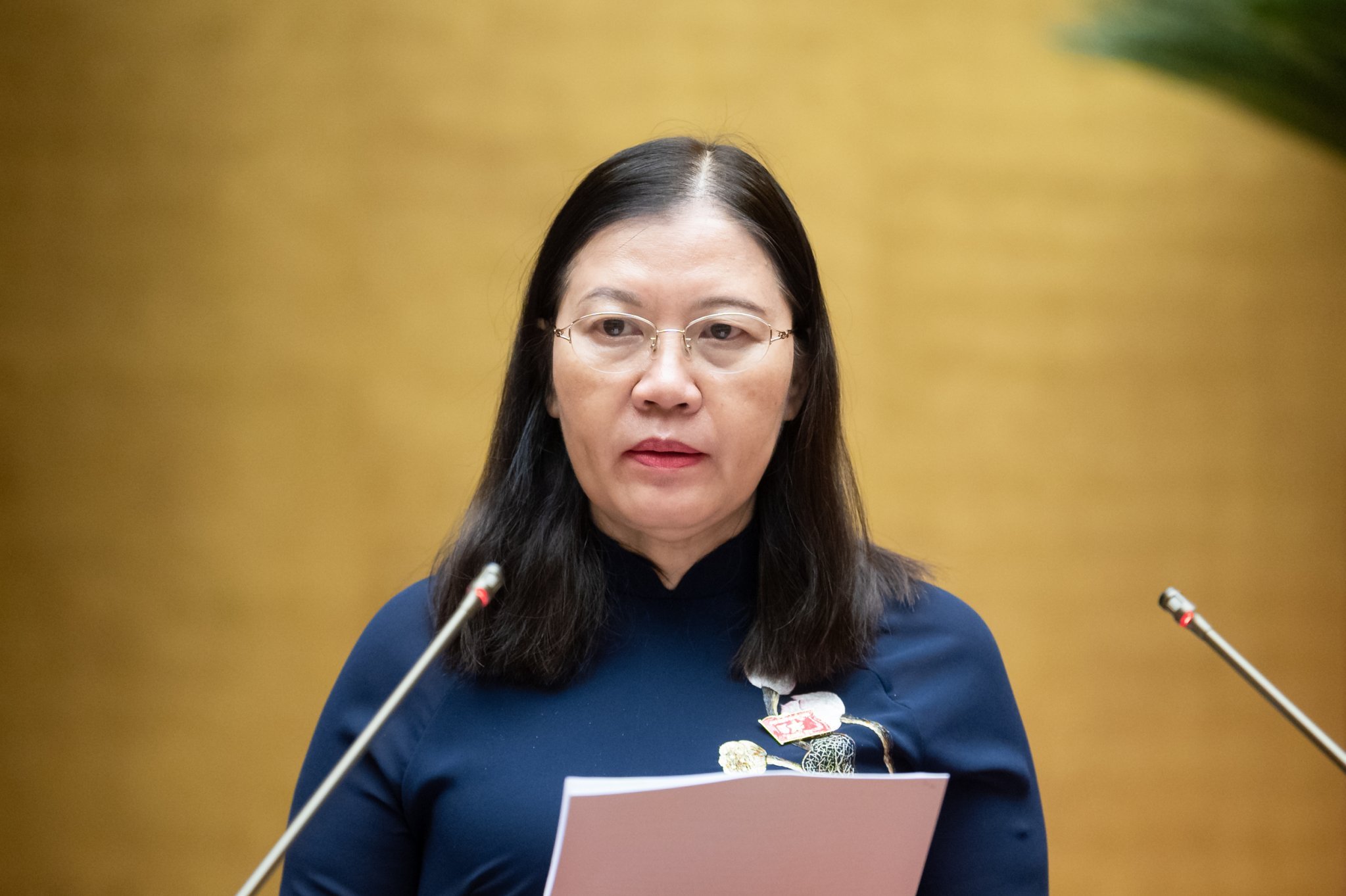
Chairwoman of the Judiciary Committee Le Thi Nga presented the review report.
Presenting the review report , Chairwoman of the Judiciary Committee Le Thi Nga stated that the Committee basically agrees with the necessity of amending the 2014 Law on Organization of People's Courts.
Regarding the renewal of provincial-level people's courts and district-level people's courts according to their jurisdiction (Clause 1, Article 4), according to Ms. Le Thi Nga, the majority of opinions of the Judicial Committee do not agree with the draft Law, for the reason that "changing the name" is only a matter of form, only changing the name without changing the content.
These courts are still attached to the district and provincial administrative units and retain their jurisdiction. This change leads to organizational incompatibility with other local judicial agencies; many related laws must be amended to ensure the consistency of the legal system; and compliance costs arise. Therefore, it is proposed to keep the names of these courts as prescribed by the current Law.
Some opinions agree with the draft Law to institutionalize Resolution 27. The innovation of the above courts affirms the true nature to ensure the independence of the court according to its jurisdiction;
The relationship between courts is a procedural relationship, not an administrative relationship, and ensures the principle of independence between trial levels; the renovation of courts does not affect the leadership of the Party, the supervision of elected bodies, and the coordination of work with judicial agencies at the same level .
Source



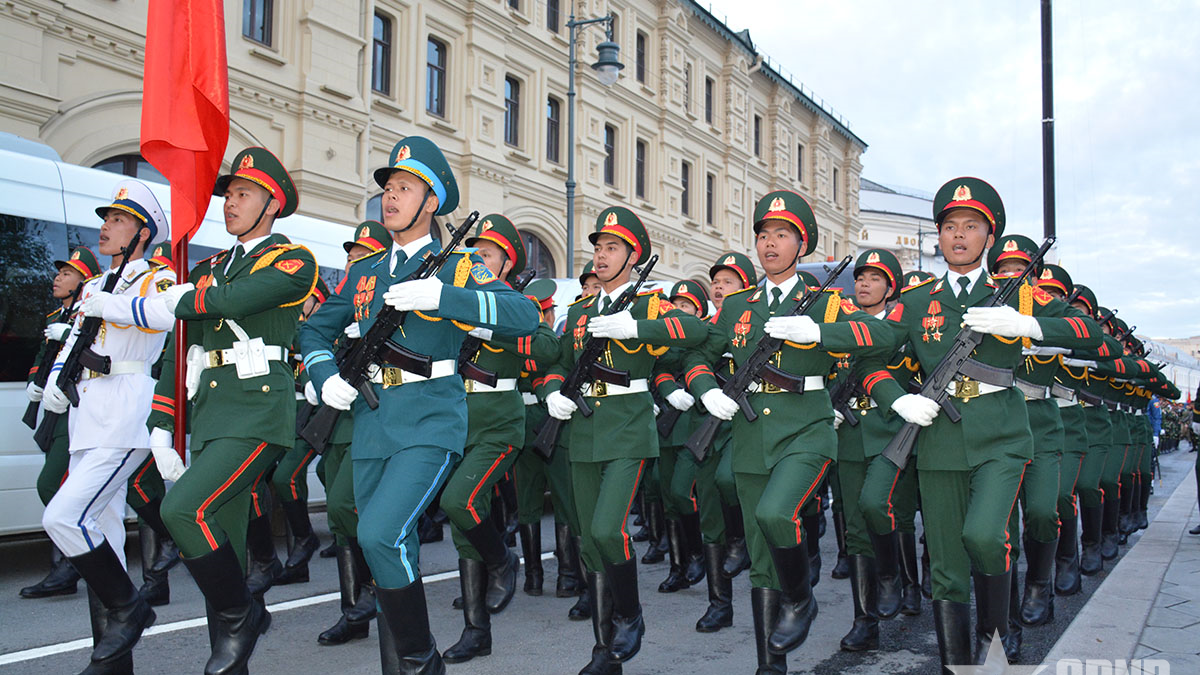
![[Photo] General Secretary To Lam receives Sri Lankan President Anura Kumara Dissanayaka](https://vphoto.vietnam.vn/thumb/1200x675/vietnam/resource/IMAGE/2025/5/4/75feee4ea0c14825819a8b7ad25518d8)

![[Photo] Bus station begins to get crowded welcoming people returning to the capital after 5 days of holiday](https://vphoto.vietnam.vn/thumb/1200x675/vietnam/resource/IMAGE/2025/5/4/c3b37b336a0a450a983a0b09188c2fe6)
![[Photo] Vietnam shines at Paris International Fair 2025 with cultural and culinary colors](https://vphoto.vietnam.vn/thumb/1200x675/vietnam/resource/IMAGE/2025/5/4/74b16c2a197a42eb97597414009d4eb8)
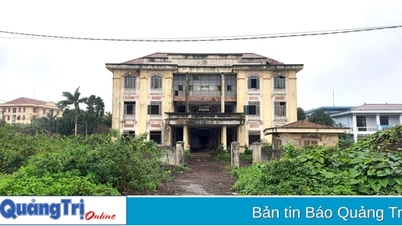



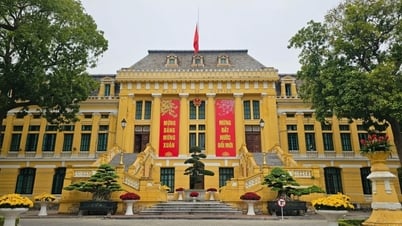


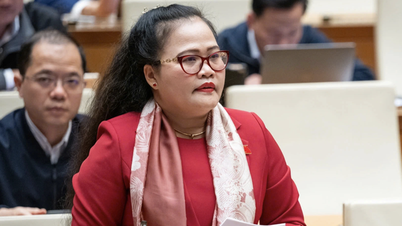

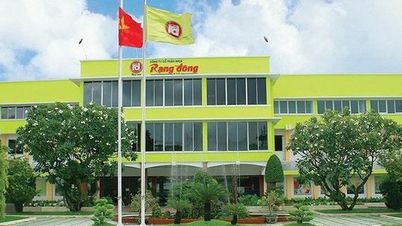

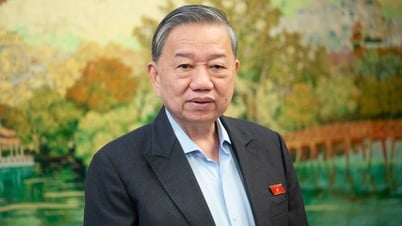
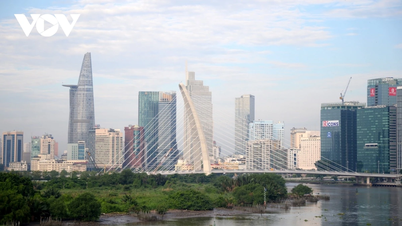



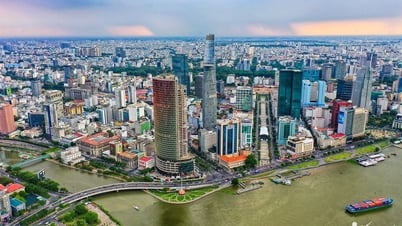












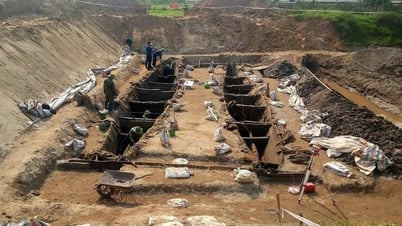







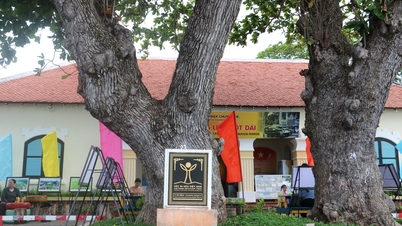



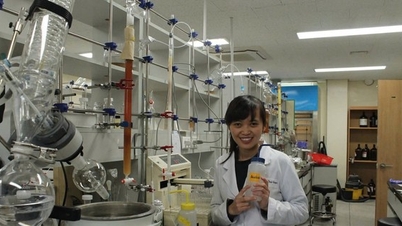


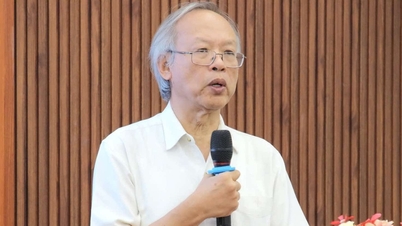
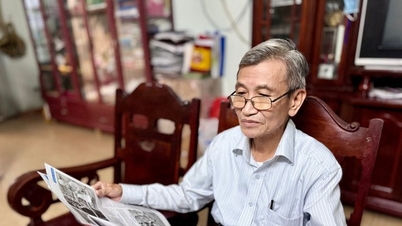
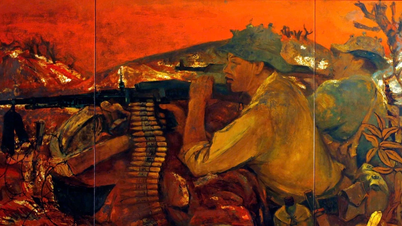


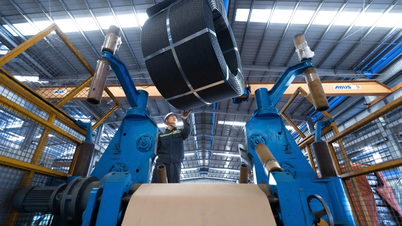



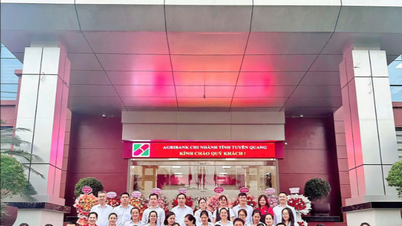






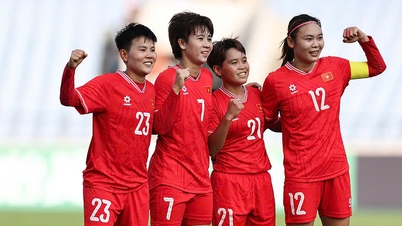






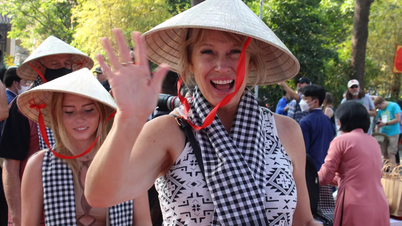



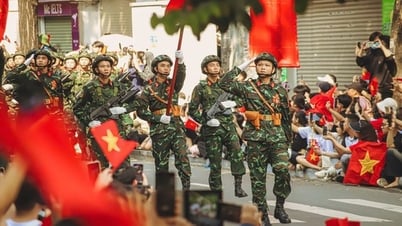
















![[Video]. Building OCOP products based on local strengths](https://vphoto.vietnam.vn/thumb/402x226/vietnam/resource/IMAGE/2025/5/3/61677e8b3a364110b271e7b15ed91b3f)




Comment (0)